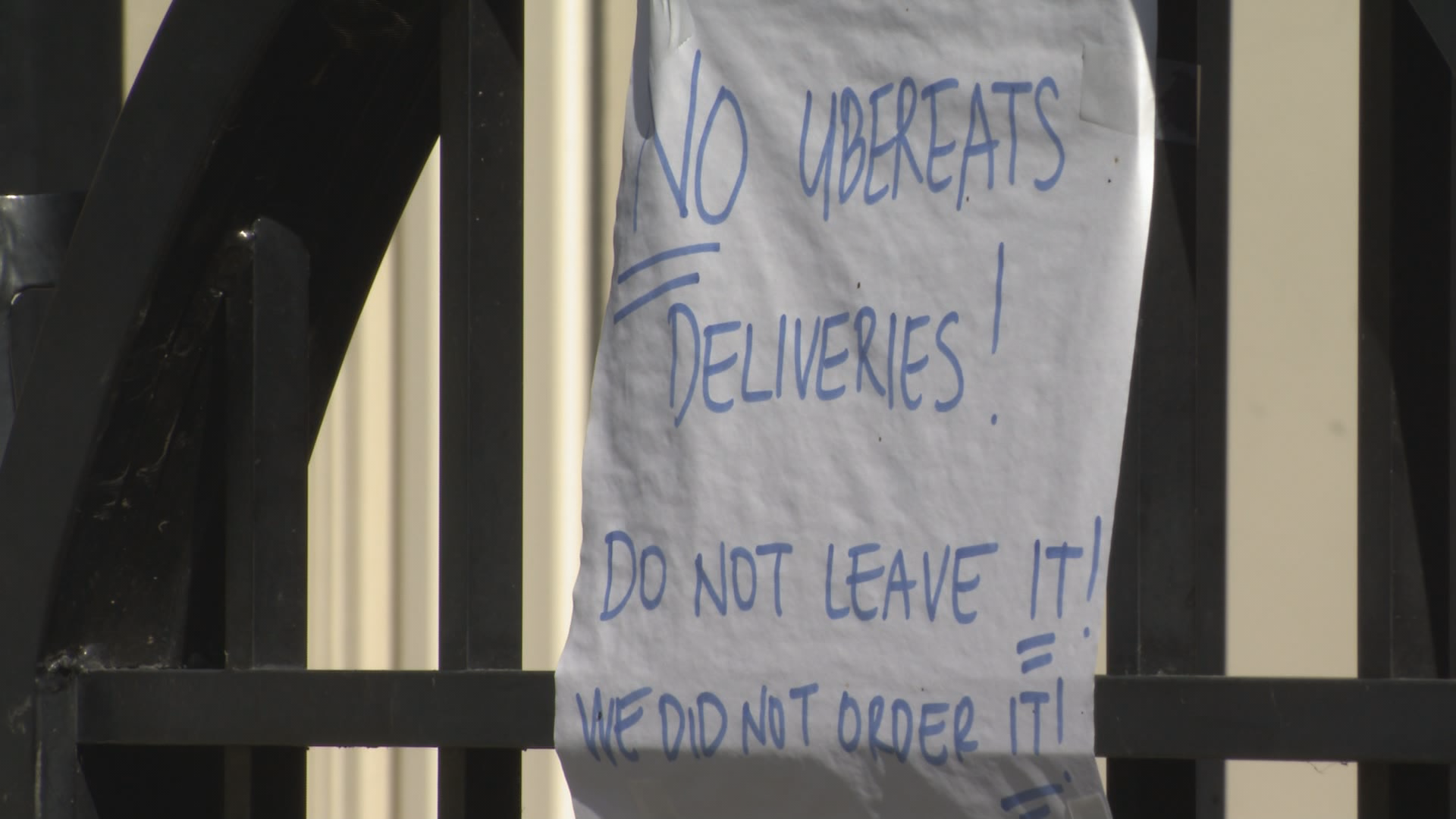Banking turmoil is adding to sense of looming economic ‘precipice.’ What’s next? – National | Globalnews.ca
The collapse of Silicon Valley Bank and the ensuing fallout impacting financial institutions in the United States and Europe this week is adding to the sense of a looming economic “precipice,” experts say.
Although they don’t see any signs of trouble for Canada’s banking system so far, they add Canadians will still likely feel the sting of the broader crisis on top of existing stressors like inflation and high interest rates, along with the rising cost of food and gas.
“I think there’s just a sense that we’re getting close to this precipice where something is going to break,” Kevin Page, president and CEO of the Institute of Fiscal Studies and Democracy and a former parliamentary budget officer, told Mercedes Stephenson on The West Block Sunday.
That could mean a recession or at least a “significant economic slowdown,” he added, though it remains to be seen if it will be a softer landing than what was seen during the 2008 financial crisis.
“I think this is a global issue,” Page said. “One way or another, I think we will feel it.”
Read more:
Credit Suisse and First Republic are the latest banks in peril. What’s happening?
The past week saw dramatic market turmoil after midsize U.S. lenders Silicon Valley Bank and Signature Bank imploded, with assurances from world leaders and policymakers that the global banking system is safe failing to calm fears about broader troubles in the sector.
Major U.S. banks had to swoop in with a US$30 billion lifeline for smaller lender First Republic, while all banks in the country sought a record US$153 billion in combined emergency liquidity from the Federal Reserve in recent days.
In Europe, Credit Suisse was forced to tap US$54 billion in Swiss central bank funding to shore up its own plunging stock price, becoming the largest bank ensnared in the crisis.
Both the Credit Suisse and First Republic interventions did little to help, with both stocks continuing to tumble into the weekend.

Lisa Raitt, a former Conservative MP and transport minister who now serves as vice-chair of global investment banking at CIBC, told Stephenson Canada’s banking system is more diversified in its holdings than SVB and other smaller banks, which should give Canadians confidence their deposits are secure.
But she noted the extraordinary speed at which dwindling investor confidence led to the bank run that sparked the broader upheaval, making it hard to predict what may happen next.
“In the past, a bank run could possibly take a number of hours, a couple of days, maybe some weeks. In this case, it was almost instantaneous,” she said.
“That is something that we have to watch in terms of regulation and in terms of what happens in our banking sector.”
The mounting feeling of economic disaster comes as Finance Minister Chrystia Freeland is set to table the government’s latest budget on March 28.
Read more:
Canada’s federal budget for 2023 will be released on March 28: Freeland
Freeland’s office has reaffirmed the government’s commitment to “prudent fiscal management” in this year’s budget. That’s after she said in the fall economic statement in November 2022 that the government would “keep its powder dry” and reserve major spending items for the budget in the spring.
Inflation has shown signs of cooling this year due to the Bank of Canada’s aggressive hikes of its policy interest rate. For the first time since it began raising lending rates last March, the Bank of Canada held its rate at 4.5 per cent on March. Canada’s annual inflation rate has cooled from highs of 8.1 per cent in mid-2022 to 5.9 per cent as of January.
Both Page and Raitt said the challenge for Freeland will be presenting a budget that doesn’t reverse that trend with too much relief for Canadians while also addressing the needs of the future, from ongoing assistance for the war in Ukraine to boosting competitiveness in the growing green economy.
“There’s no question Canadians are hurting … so there may be some relief,” Raitt said.
“(But) the difficulty with sending more cheques out and increasing the amount of money in people’s pockets, of course, is that they’re able to spend more. They’re able to buy more. And that actually does add to the possibility of inflation sticking around for a while.”

Page said it will be important for the government’s overall fiscal policy to match the monetary policy being set by the Bank of Canada and work together to drive down inflationary pressures.
Yet some spending that could be seen as inflationary may be inevitable, he added, including the promised boost in health-care spending and addressing NDP priorities like dental care in order to keep the supply-and-confidence agreement with the Liberals alive.
That doesn’t mean the Liberals can’t achieve a balanced budget within “the next three to four years,” Page said — provided that soft landing occurs.
“It’s a complicated budget environment,” he said.
© 2023 Global News, a division of Corus Entertainment Inc.
For more latest Economy News Click Here




